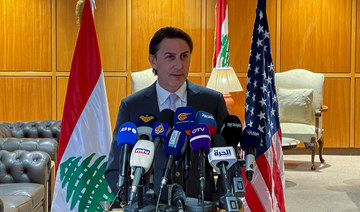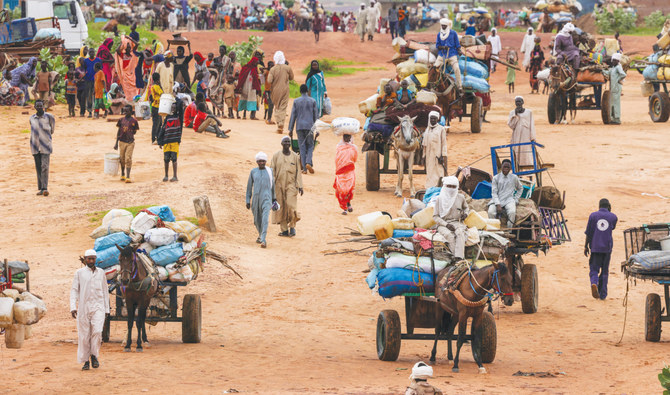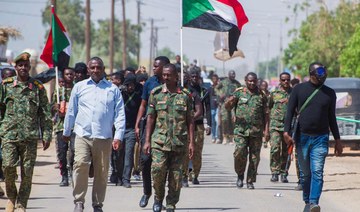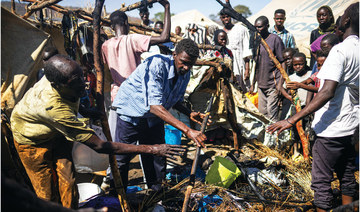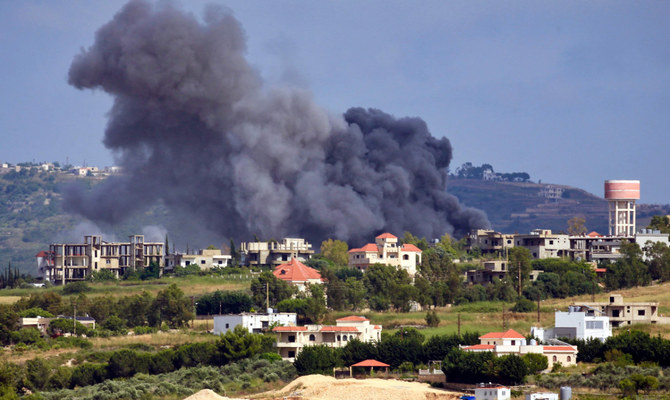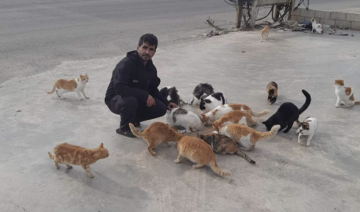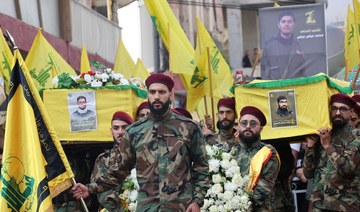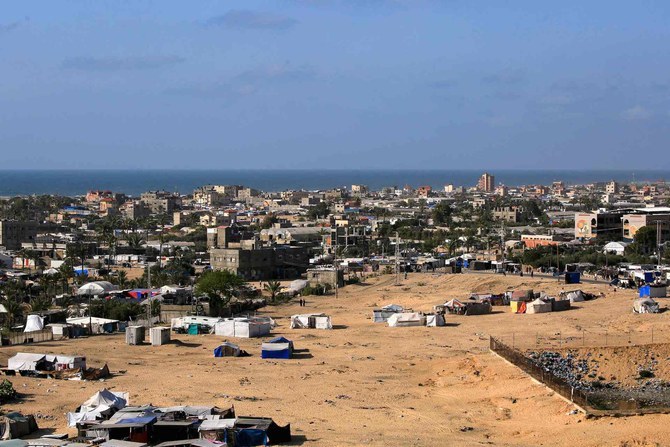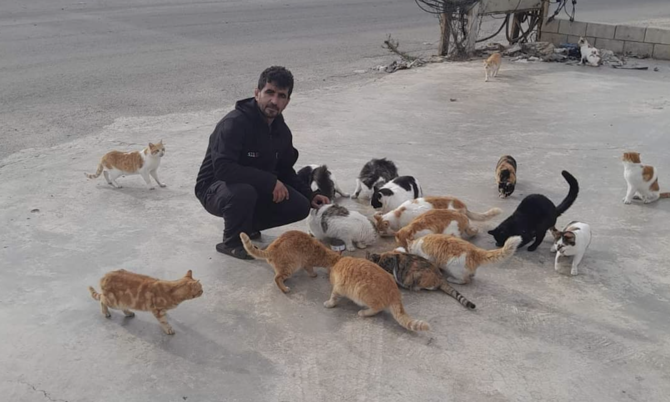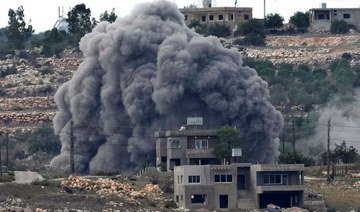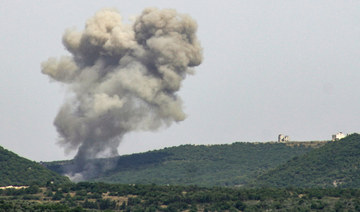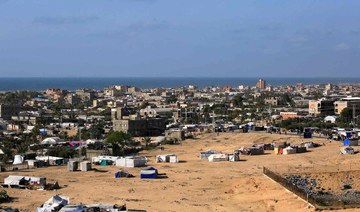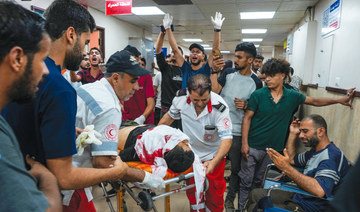BEIRUT: Iranian Foreign Minister Hossein Amir-Abdollahian said in Beirut on Friday that Lebanon’s presidential election is an internal matter and that Tehran rejects foreign interference in the country’s internal affairs.
He added that Lebanon’s leaders possess the wisdom and competence to elect a president.
Amir-Abdollahian was speaking at a press conference with his Lebanese counterpart Abdallah Bou Habib, and he urged external support for dialogue among Lebanese factions to elect a president.
“We continue to support Lebanon, its army, its people, and its resistance,” he said.
“We call on political forces to expedite the agreement on electing a president and forming a new government.”
BACKGROUND
The Iranian foreign minister’s remarks in Beirut came on Friday with Lebanon on the verge of completing a full year without a president by the end of next month.
His remarks came with Lebanon on the verge of completing a full year without a president by the end of next month.
Lebanon, long divided along sectarian lines, has been hit both by a political void and a major economic crisis.
Parliament is split between Hezbollah allies and opposition forces over the future presidency.
Speaking during the commemoration of the 45th anniversary of the disappearance of religious leader Musa Al-Sadr on Thursday, Parliament Speaker Nabih Berri called on political forces to engage in dialogue.
The speaker, whose Amal Movement is closely aligned with Hezbollah, set a timeline of seven days followed by open sessions to elect a new president.
During his speech, Berri did not mention the Hezbollah-backed candidate Suleiman Frangieh, nor did he insist on supporting him as he had in previous instances.
The opposition forces, predominantly Christian parliamentary blocs, reject Frangieh.
Despite 12 election sessions, no faction has managed to secure the necessary votes for their candidate to win.
A political observer described Berri’s call for dialogue to reach an agreement as “political nonsense” as it contradicts the constitution, which mandates electing a president rather than appointing one.
Lebanon’s Grand Mufti Sheikh Abdel Latif Derian stated on Friday: “People are beginning to feel disappointed with the majority of political leaders who insist on pursuing their personal interests at the expense of the nation and citizens struggling to secure their livelihoods amid political, economic, living, and social chaos.”
He added: “Sunni Muslims in Lebanon do not have a specific project; they believe in the state.
“We only accept a strong, capable state that cares for everyone. No one can replace it in safeguarding the nation and its citizens.
“The state can only stand back on its feet by addressing the crises we are facing through expediting the election of a president.”
Derian said he believed that the movement of envoys coming to Lebanon to help in electing a president would bear no fruit unless the intentions of Lebanese officials were genuinely committed.
While some MPs from the Free Patriotic Movement expressed support for Berri’s call for dialogue, lawmakers from the Lebanese Forces Party and the Lebanese Kataeb Party rejected the invitation.
MP Strida Geagea said Berri’s stance was a significant constitutional violation, as the constitution does not mention consensus but elections.
Geagea called on the speaker to “convene an open session in consecutive rounds, in accordance with the constitution, to elect the country’s president.”
The leader of the Lebanese Kataeb Party, MP Sami Gemayel, addressing Berri, said: “All the justifications you rely on are invalid. Applying the constitution should not be used as a tool for political blackmail.”
Gemayel said: “Parliament does not belong to you; it belongs to the Lebanese people.”
On Friday, 110 judges decided to go on strike after the end of the judicial vacation.
In a statement, the judges highlighted the state’s “failure to cover their and their families’ healthcare and educational expenses” as reasons for the industrial action.
They criticized the absence of suitable working conditions that uphold “human dignity within the justice palaces.”
Lebanese judges received a decent salary exceeding $5,000 per month, before the economic crisis engulfed the country, in addition to healthcare and educational benefits.
With the collapse of the national currency, their salary now barely reaches of $400 per month, while healthcare and educational benefits have significantly diminished.
The assistance the judges used to receive from the Mutual Fund has also ceased.




